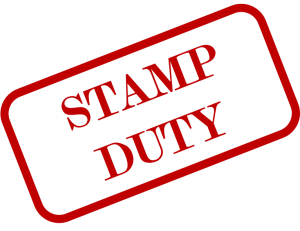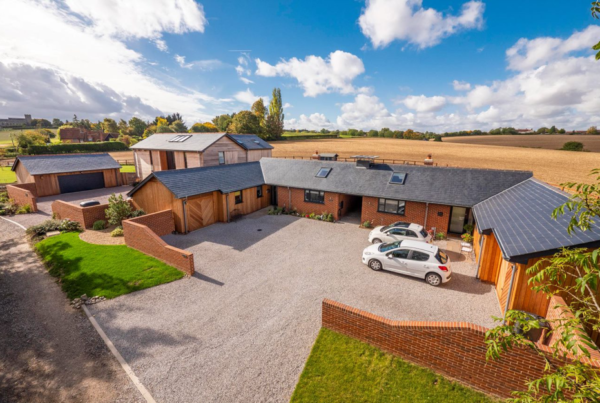If you are buying one or more properties, it is important that you fully understand how stamp duty liability works, as it does not work in an identical way to buying just one house. But how do you understand the differences between the two? We take a closer look at the things you must be aware of before purchasing multiple buildings.
What are linked transactions?
Knowing what is meant by a linked transaction is important when it comes to stamp duty liabilities, as this will determine how much you will end up having to pay. In summary, a linked transaction is when a single party buys at least two properties from the same seller. This includes a piece of land, flats, or a house.
A transaction is also considered to be linked if the person connected to the buyer (for example, a business partner or relative) decides to buy a property from the same seller.
What’s more, if the purchase is part of a scheme or a single arrangement (or part of a number of transactions) then this is also considered to be a linked transaction.
How much stamp duty tax do I need to pay?
In terms of the exact amount you will need to pay if you are buying two or more properties (and these are considered by the HMRC to be linked transactions) this will be calculated based on the total value of all these linked transactions. This is opposed to calculating the tax owed based on each property’s individual value.
For example: if you decided to purchase two properties, both worth £125,000, then the HMRC would require you to pay stamp duty on its total value of £250,000.
It is important to remember that you will not be required to pay stamp duty on the first £125,000 of a transaction’s value. However, you will need to pay stamp duty at a value of 2% over this initial amount.
That means that with regards to the example given above, you would be required to pay stamp duty that is worth approximately £1250 in total.
You should also keep in mind that Stamp Duty Land Tax has increased since 1 April 2016. This on top of current rates of purchases for additional properties that are residential. This includes second homes as well as buy-to-let properties.
Are there stamp duty exemptions for additional properties?
Yes, not every single property will be required to pay stamp duty. For example, this is no requirement for single properties or properties that are considered to be linked transactions with an overall value that is below £125,000.











